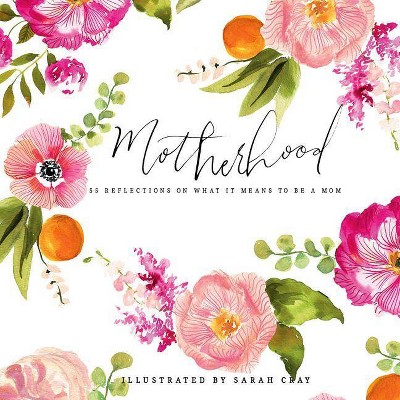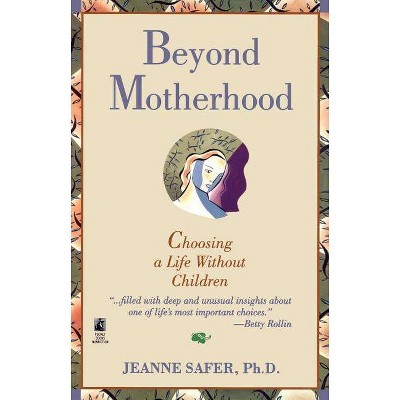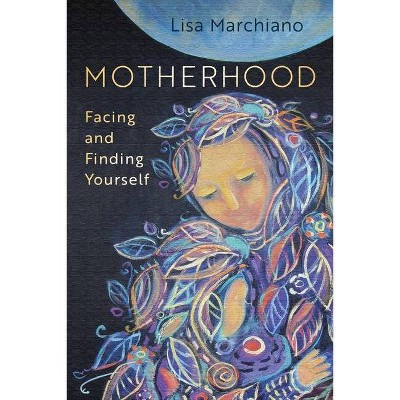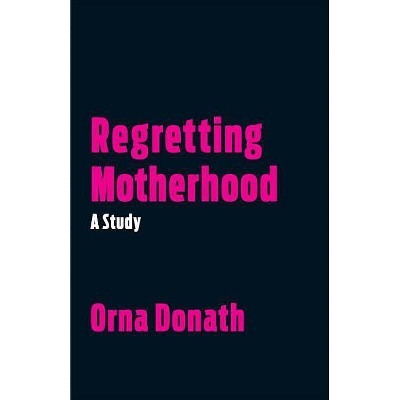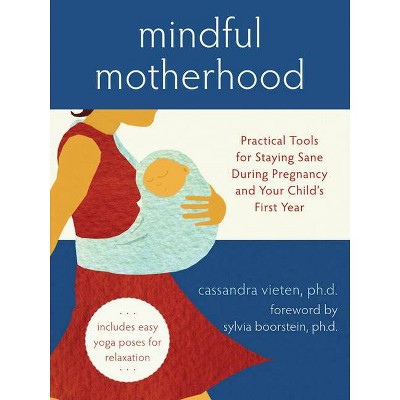Stolen Motherhood - by Maria de Koninck (Paperback)
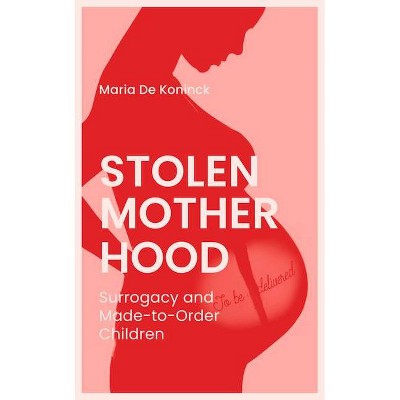
Similar Products
Products of same category from the store
AllProduct info
<p/><br></br><p><b> About the Book </b></p></br></br>Contracting surrogate mothers is no longer marginal. Nor is it secret. Surrogacy is growing rapidly even though no informed debate on the social impacts of its normalization has been conducted. It is even regarded as socially progressive, while those who question it are considered to be opposed to progress. The surrogacy process commissioning a woman to bear and give birth to a child and then surrender it is vitiated by its contractual nature, be it in its so-called altruistic form (i.e., no exchange of money) or the straight-forward commercial form. It is an attack on the human dignity and equal gender rights of surrogate mothers, but also a denial of the rights of the contracted child to come, who is so often forgotten in the process. Current inconsistent or contradictory legislation has led to a fait accompli approach to the question. It's being done, so let's just regulate it, say its defenders. Other countries that have followed that logic have seen an increase in both demand for surrogates and recourse to shrewd international brokers. In many cases, international simply means the surrogate mother is from a poor country with lax legislation, the commissioning parents, from rich countries. By examining the surrogacy process and all its implications, Maria De Koninck reaches the conclusion that the best way forward is an international ban on surrogacy.<p/><br></br><p><b> Book Synopsis </b></p></br></br>Contracting surrogate mothers is no longer marginal. Nor is it secret. Surrogacy is growing rapidly even though no informed debate on the social impacts of its normalization has been conducted. It is even regarded as socially progressive, while those who question it are considered to be opposed to progress. The "surrogacy process"--commissioning a woman to bear and give birth to a child and then surrender it--is vitiated by its contractual nature, be it in its so-called altruistic form (i.e., no exchange of money) or the straight-forward commercial form. It is an attack on the human dignity and equal gender rights of surrogate mothers, but also a denial of the rights of the contracted child to come, who is so often forgotten in the "process." Current inconsistent or contradictory legislation has led to a fait accompli approach to the question. It's being done, so let's just regulate it, say its defenders. Other countries that have followed that logic have seen an increase in both demand for surrogates and recourse to shrewd international brokers. In many cases, international simply means the surrogate mother is from a poor country with lax legislation, while the commissioning parents are from rich countries. By examining the "surrogacy process" and all its implications, Maria De Koninck reaches the conclusion that the best way forward is an international ban on surrogacy.<p/><br></br><p><b> About the Author </b></p></br></br><b>Arielle Aaronson</b> holds a diploma in Translation Studies at Concordia University in Montreal and an MA in Second Language Education from McGill University. She taught English in the Montreal public school system and has created educational material for second language learners. She is now a freelance translator and has translated seven books, including fiction and nonfiction for all audiences. <b>Maria De Koninck</b> is Professor Emeritus in Université Laval's Faculty of Medicine. First Chair of Women's studies, she taught community health and lectured on social determinants of health. Her research and publications focus on women's health, including childbirth, C-sections, reproductive technologies and midwifery, and on social health inequalities, poverty, and exclusion. She has 20 years' experience in international research and consulting projects on HIV-AIDS in West Africa, maternal mortality (including WHO), and vulnerability of young migrant girls in urban settings. She lives in Quebec City.
Price History
Price Archive shows prices from various stores, lets you see history and find the cheapest. There is no actual sale on the website. For all support, inquiry and suggestion messagescommunication@pricearchive.us
